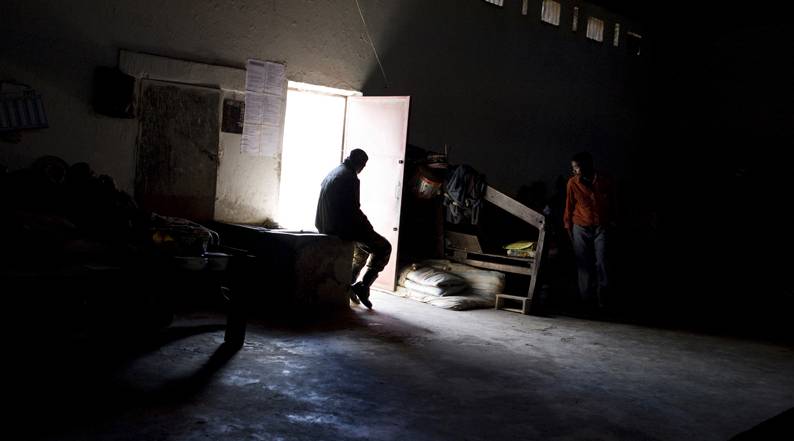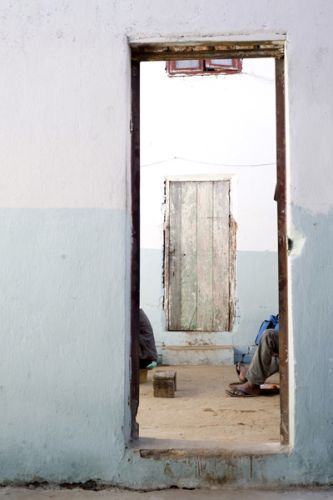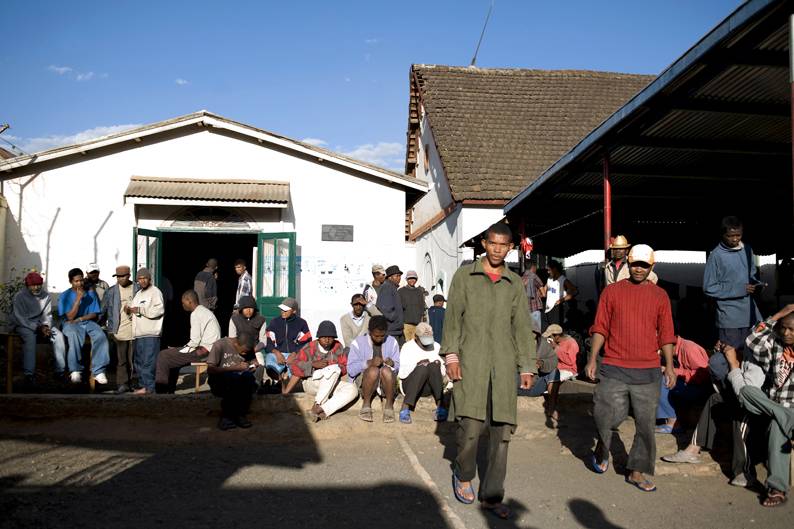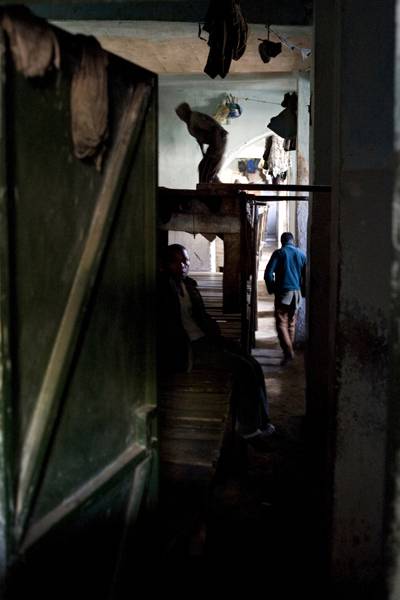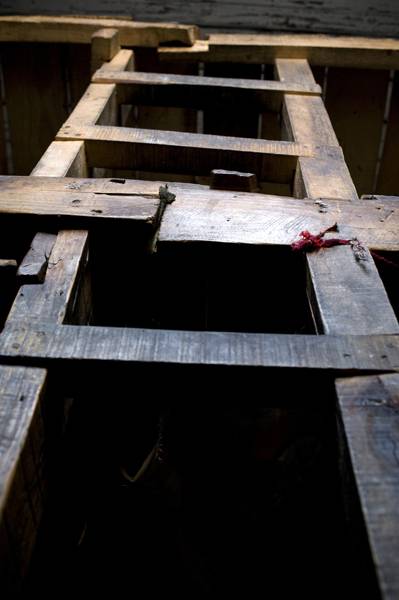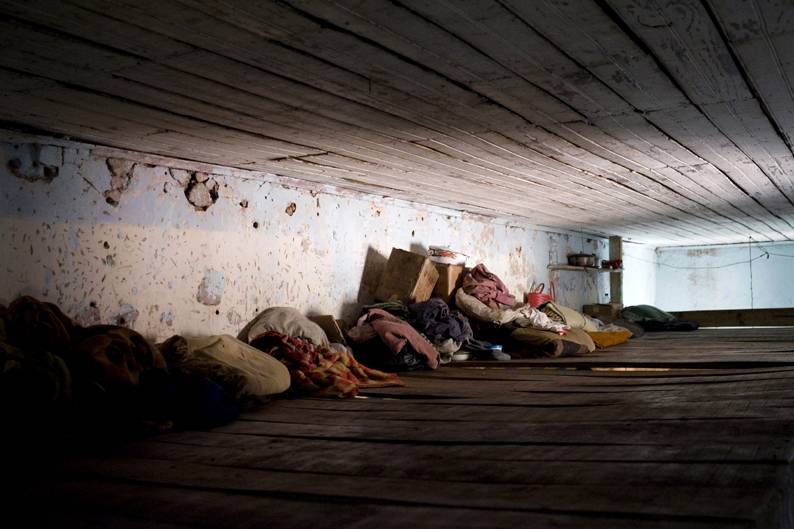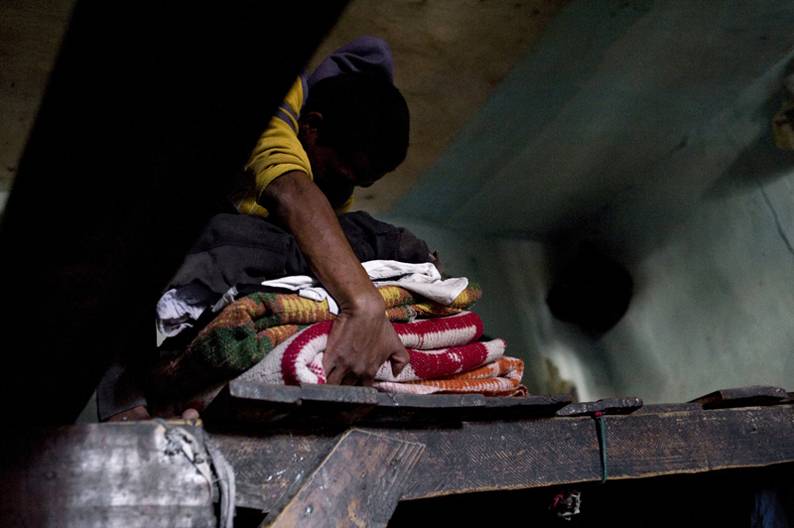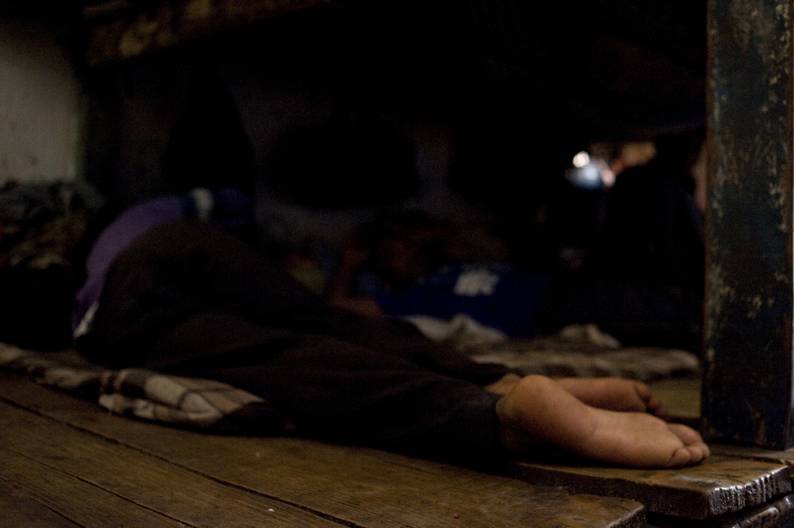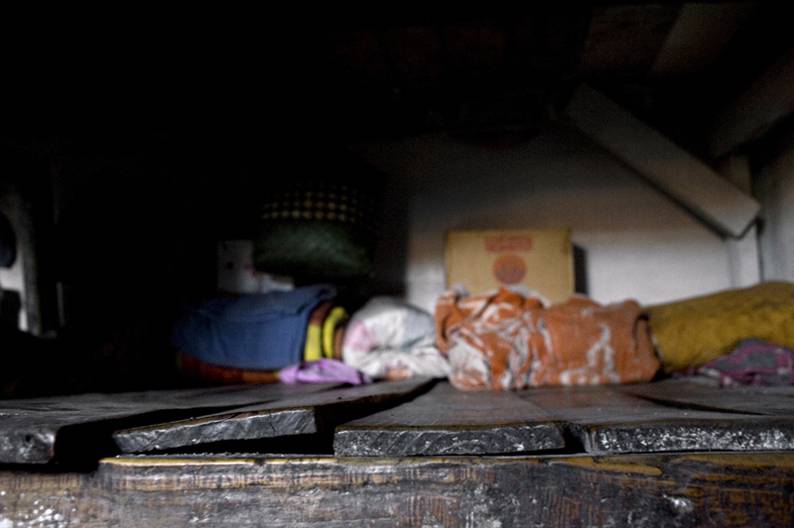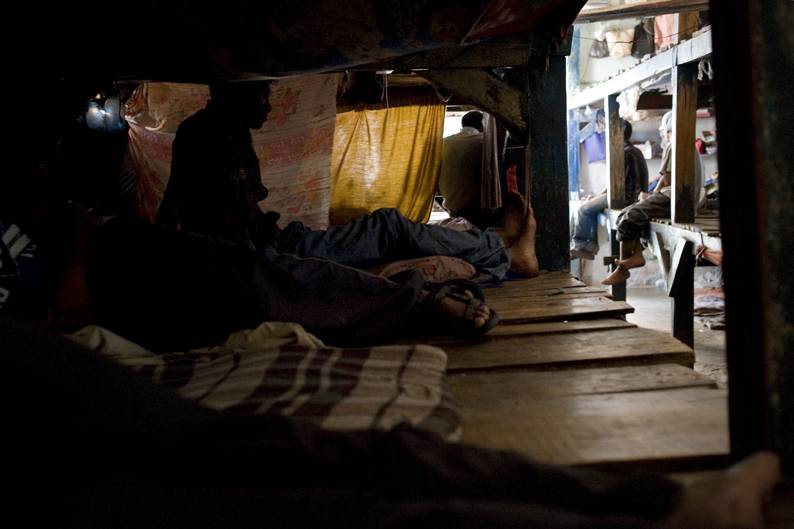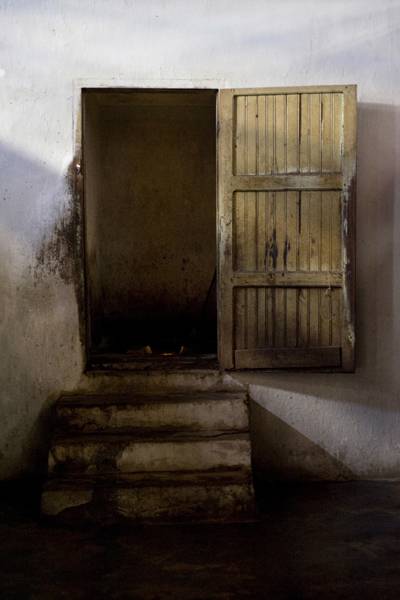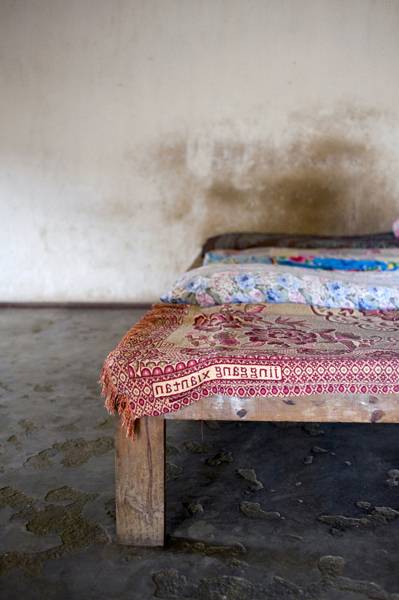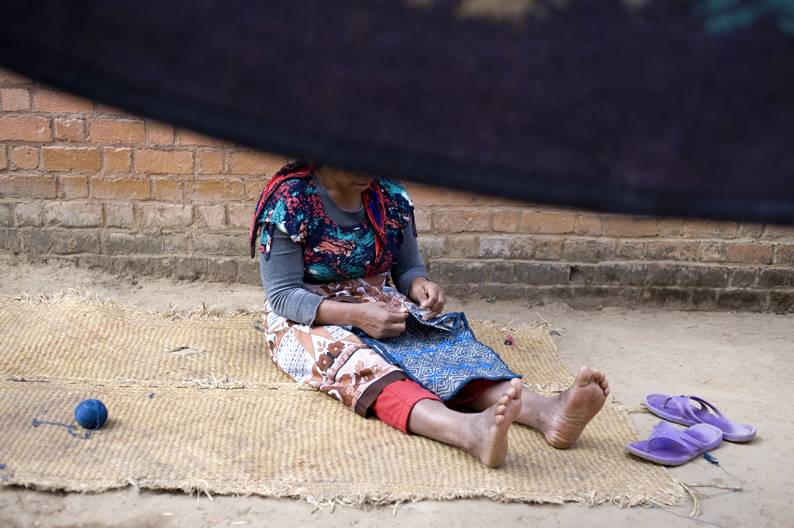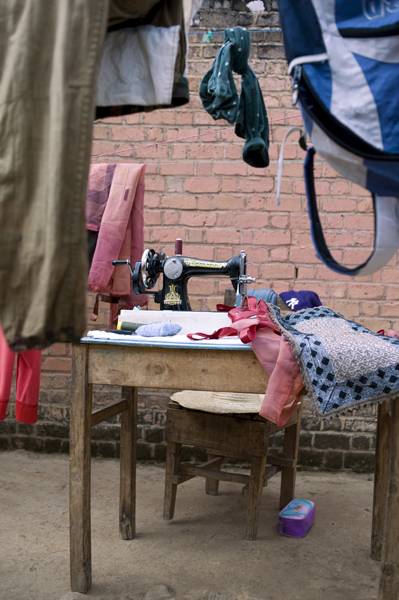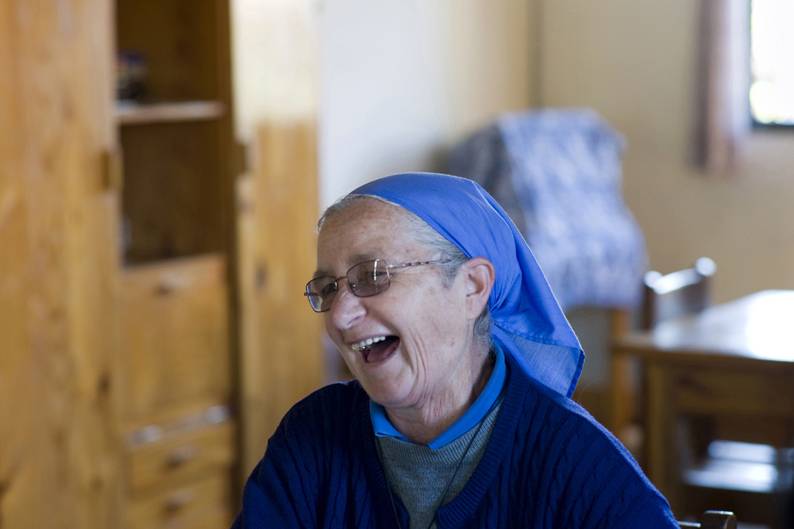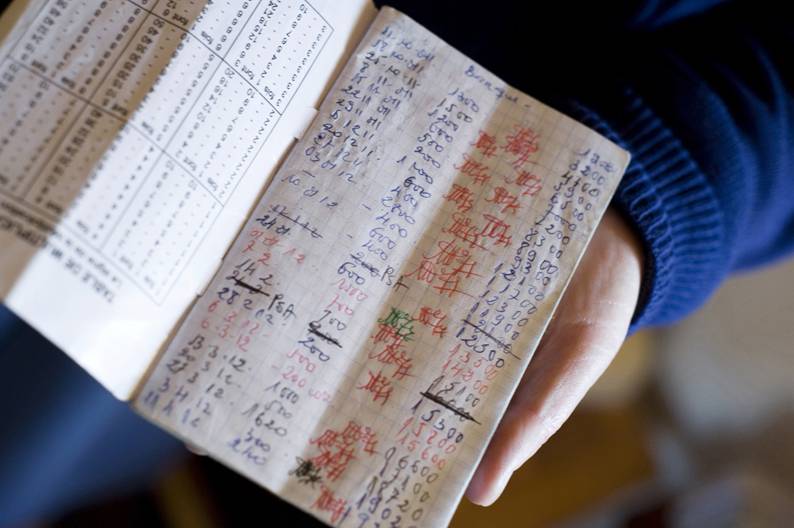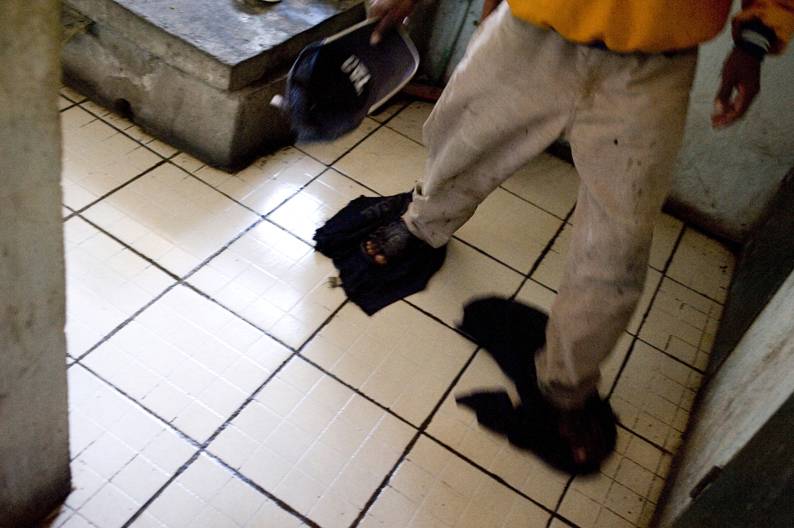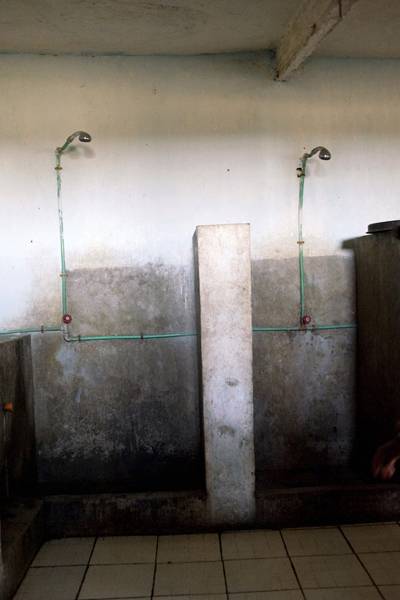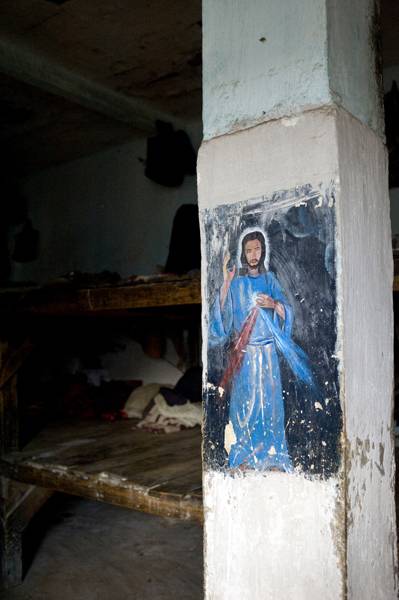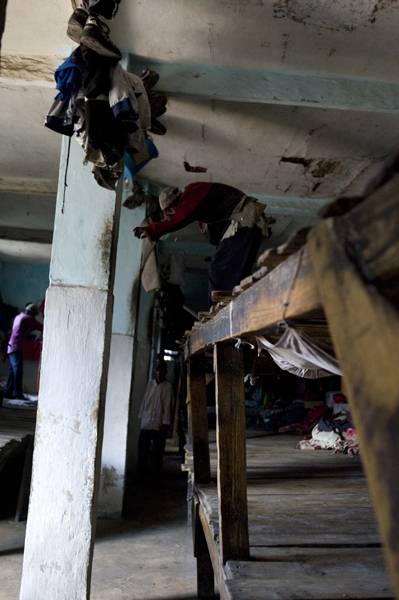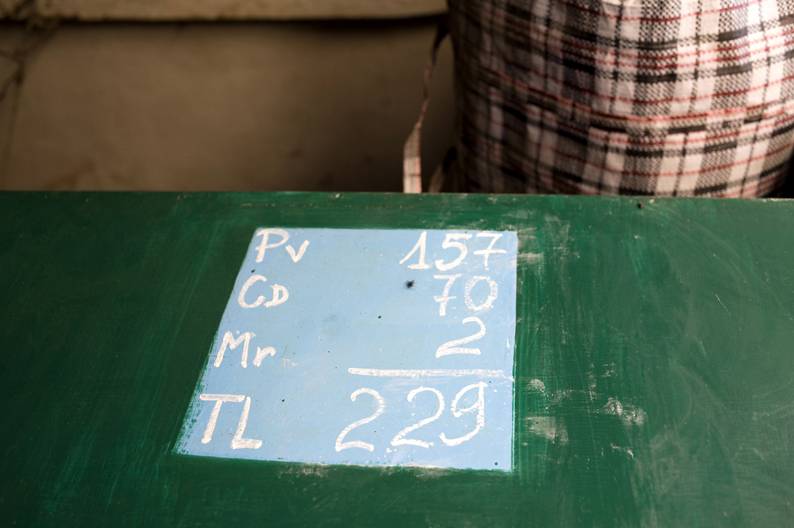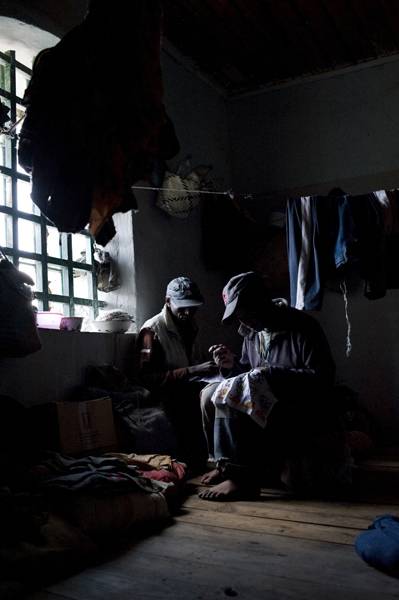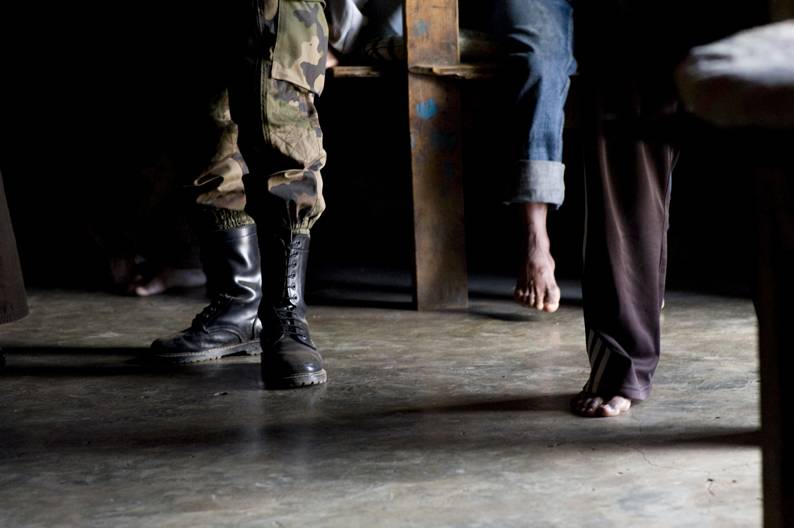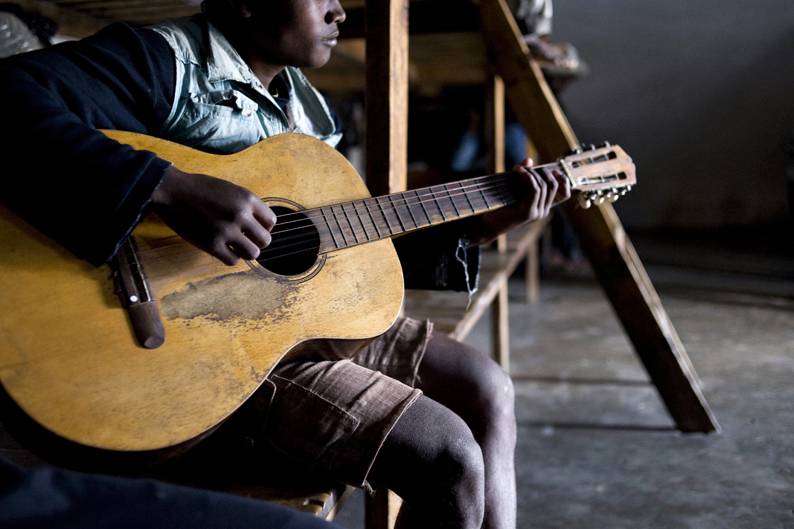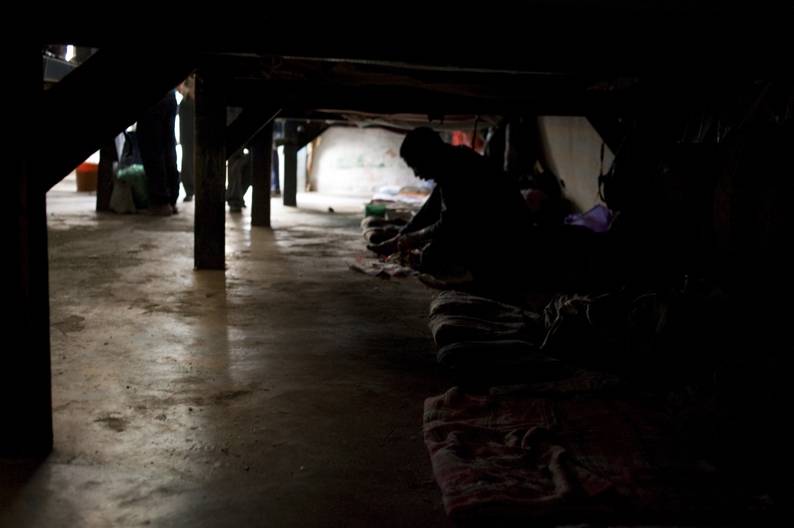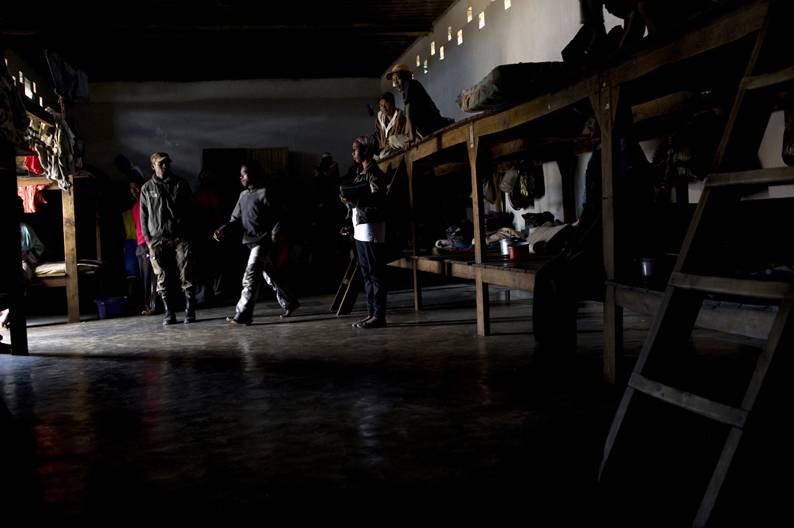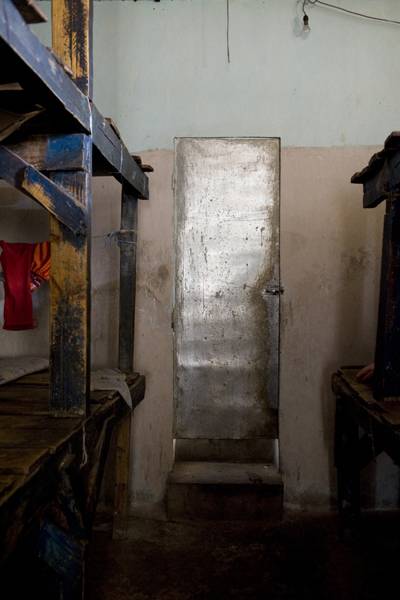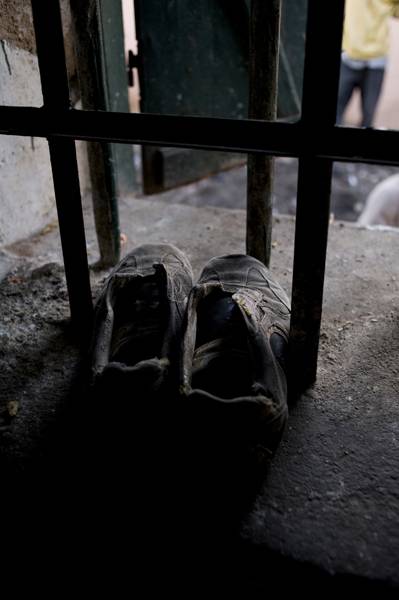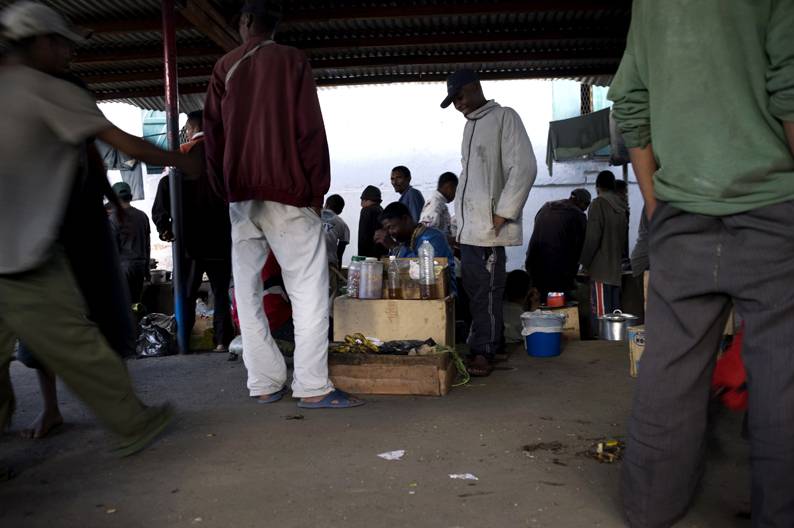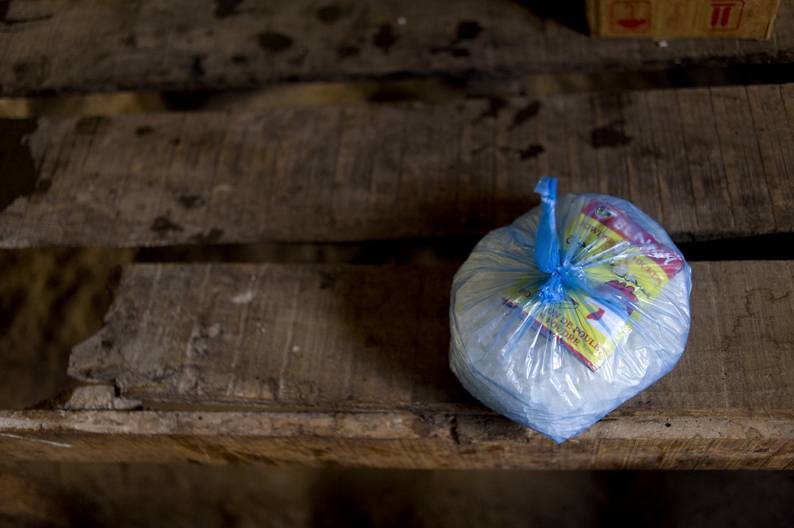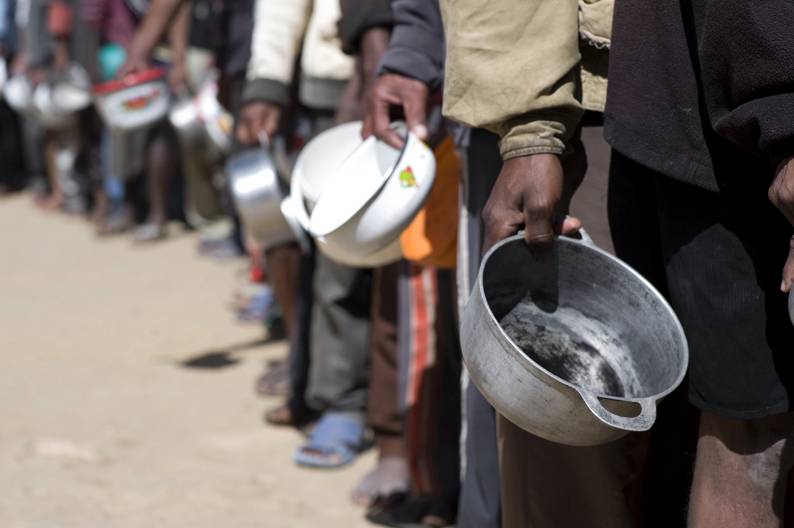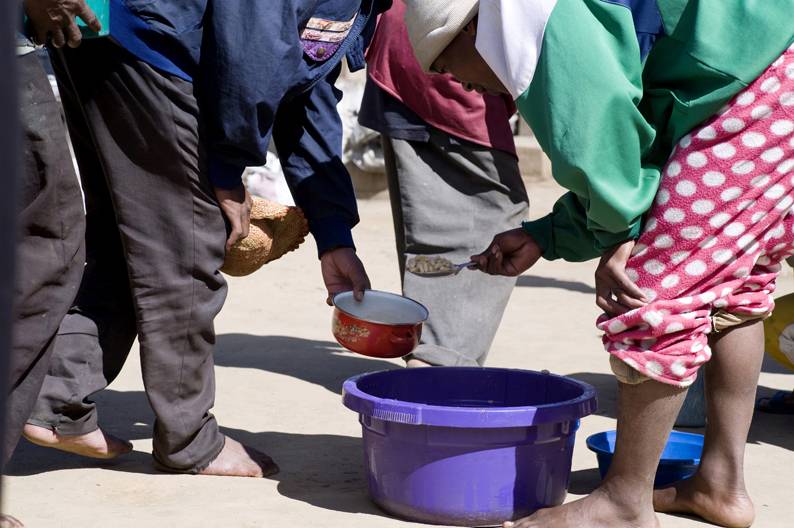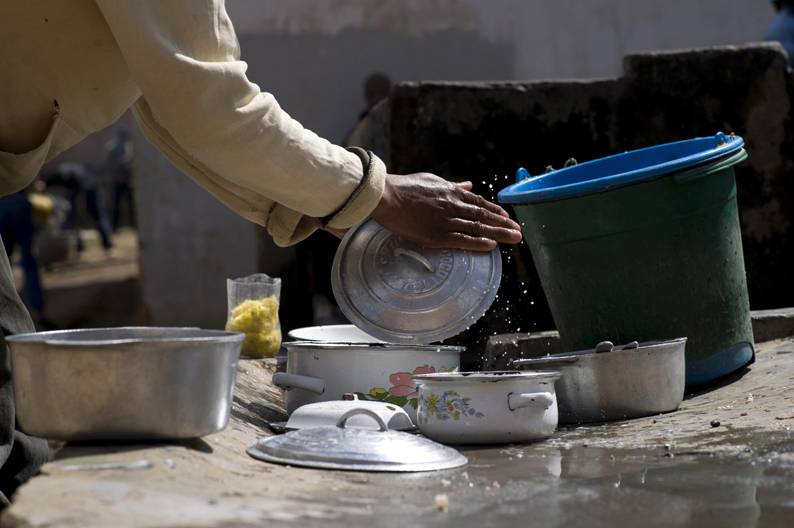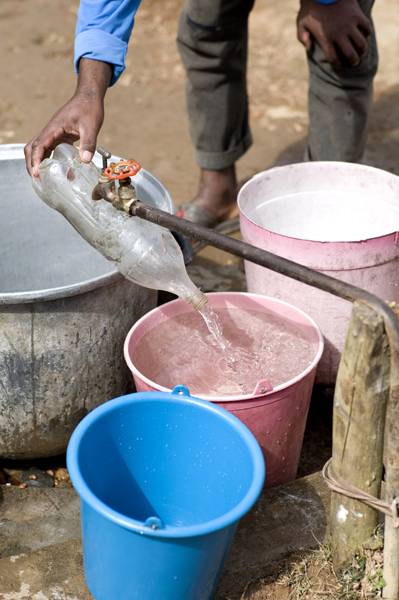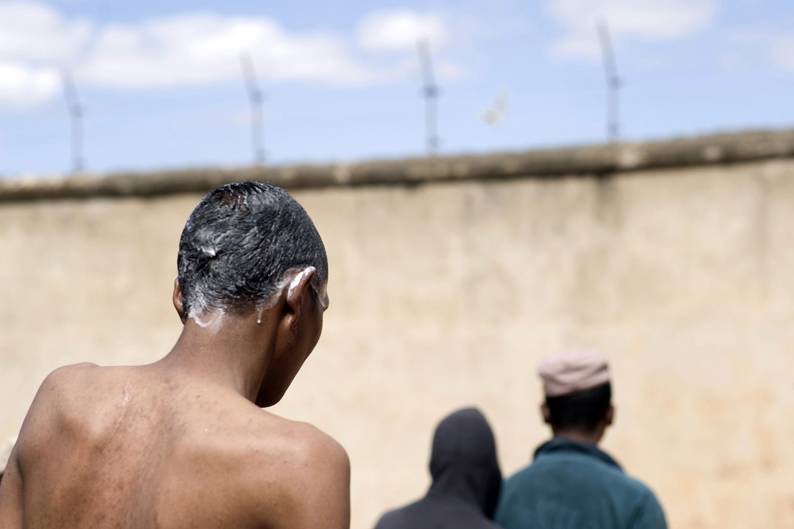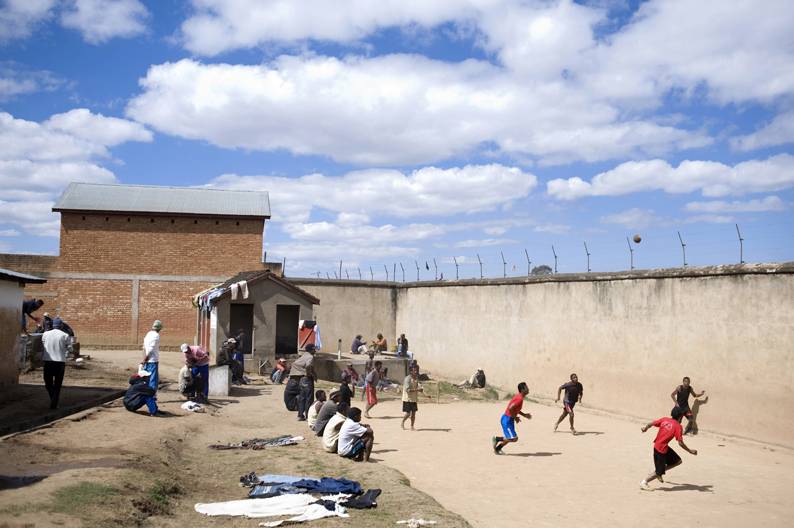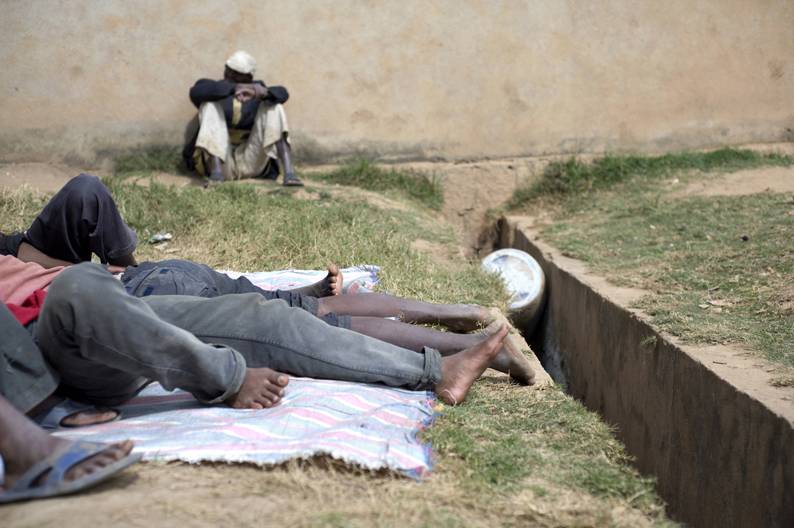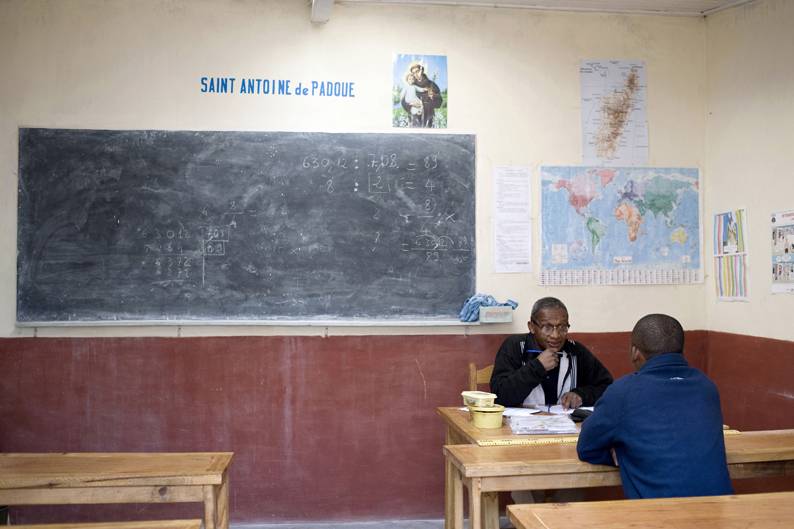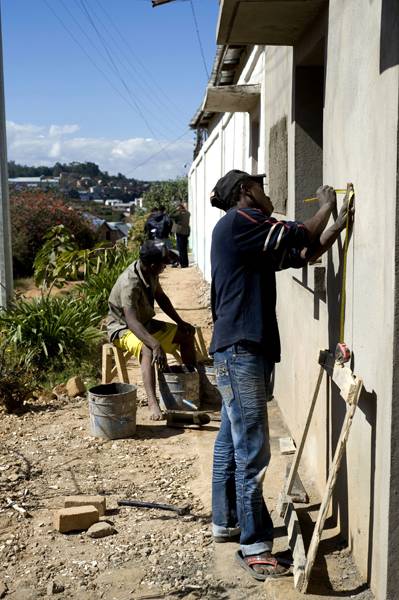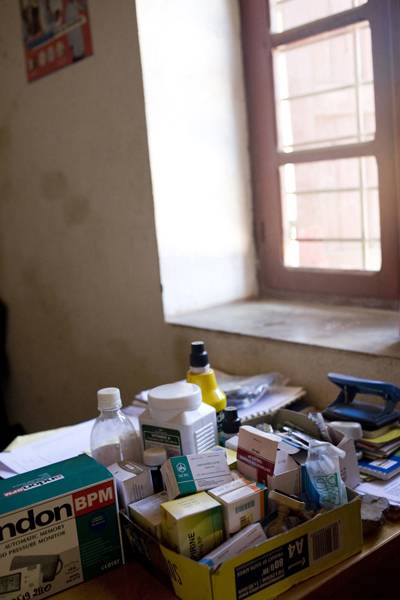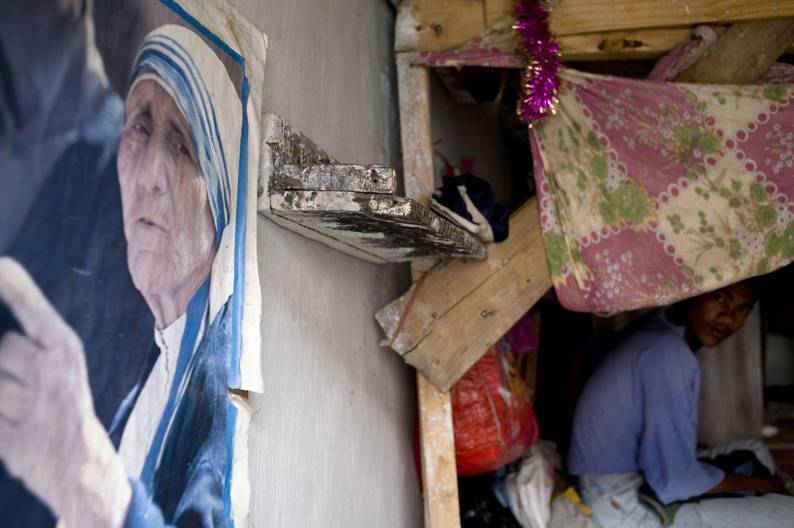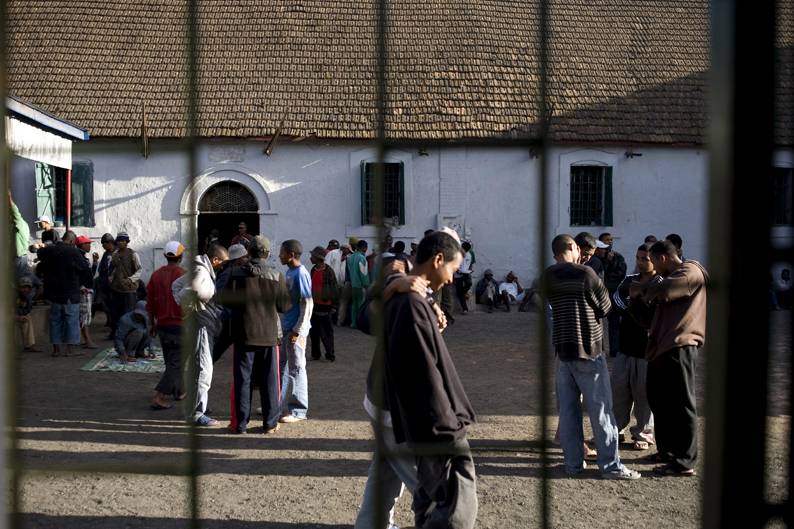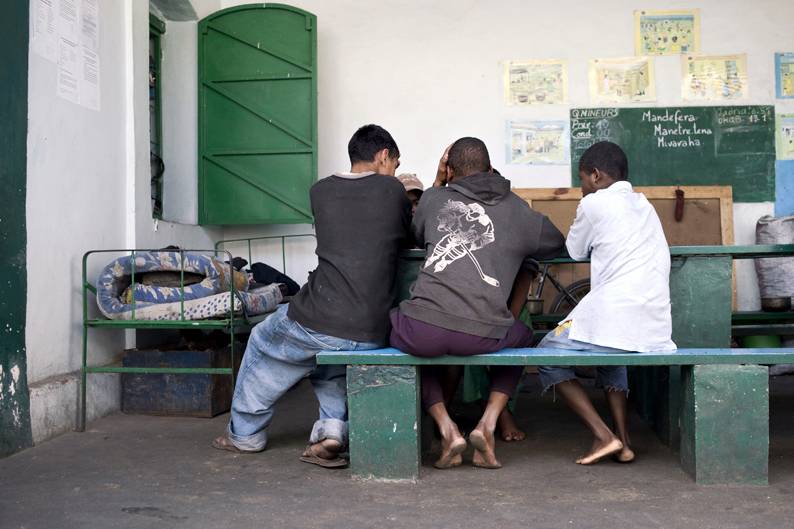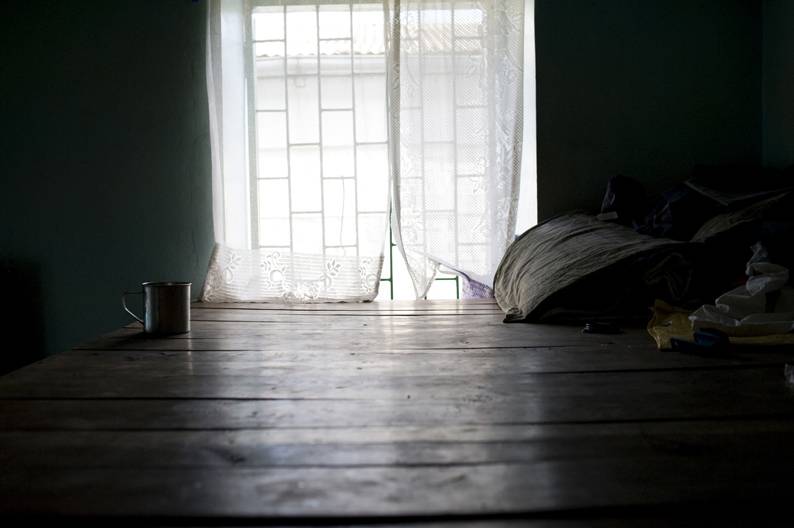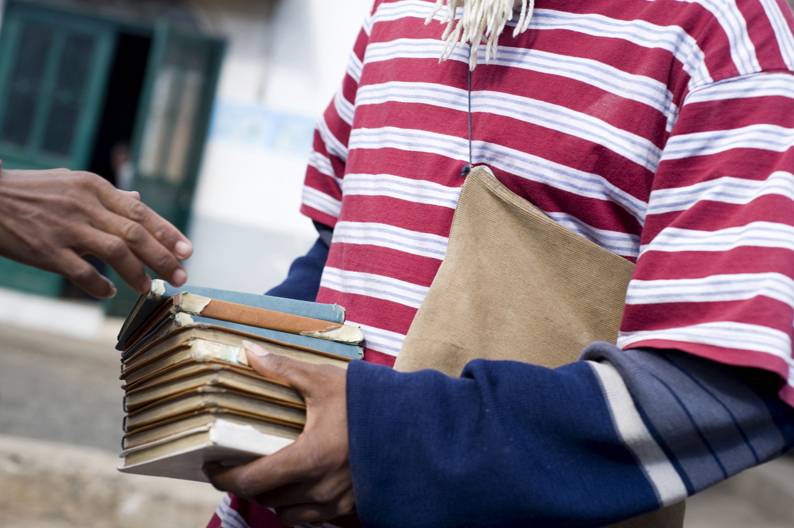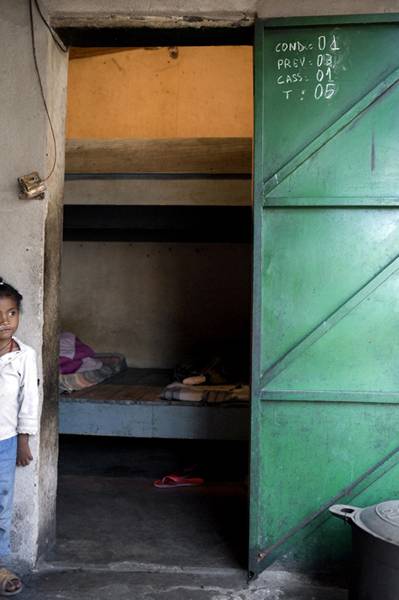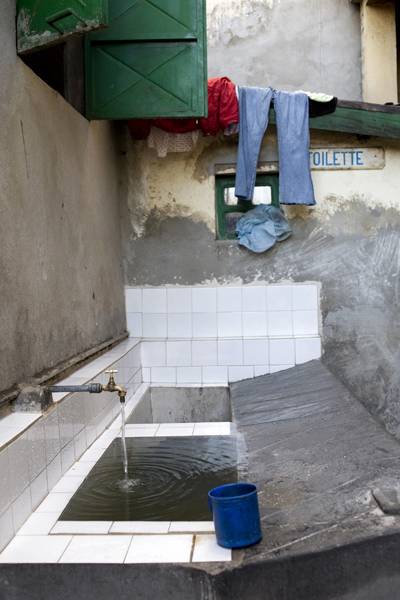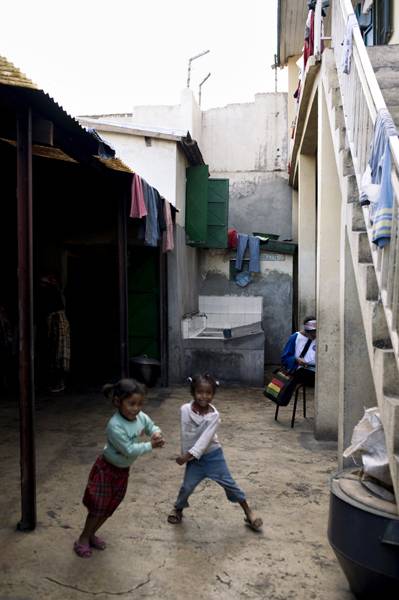Overpopulated areas which more often than not date back to the colonial period, the stench of urine which stifles you, clinging to you as soon as you cross the entrance to the dormitories, the constant threat of the plague due to a high population of rats and lice, numerous deaths due to the lack of sufficient food and health care, basic human rights which are not respected etc. This is the reality of the prisons in Madagascar and in many other countries throughout the world. Improving health and safety, legal rights and human dignity in such places is a colossal job even if many non- government organizations and associations such as Doctors of the World have been trying to do so.
Since the downfall of Ravalomanana in 2009, the number of prisoners has shot up. There are now over 20 000 detainees on the island, which is more than 50% over the maximum capacity. Need it been mentioned that all forms of international aid have been more or less been stopped since this date. The country has been in great difficulty for a long period of time with decisions worsening the situation for those who live in isolated areas leaving them to face severe poverty. As a result, budgets for food, health, law, education, and the upkeep and renovation of buildings have already been greatly reduced for the general population not to mention for prisons.
From 2005 to 2012, in Madagascar, Doctors of the World has been backing work on the respect of all basic human rights of prisoners. The overpopulation of prisons, the saturation of the courts, death from malnutrition, mistreatment, and illnesses that are due to the state of the country and unthinkable sanitary conditions. So many points that need to be treated urgently with people on the ground from both civilian and political fields so that access to legal and human rights, to healthcare, to food, hygiene, can all be bettered, but even more so to ensure that progress is maintained and made durable.
In August 2012, just a few months before their assignment was transferred to local stations, I joined Doctors of the World to make several documentaries, essentially in two prisons which are south of Antananarivo. I only have a few hours in each prison I can take pictures of « everything » except faces. And this is how we begin to disappear and lose sight of ourselves. I can catch « everything » depending on the time available and what happens - or what doesn’t happen - when a visit has been planned.
The two prisons are thought to be «tolerable» in light of the numerous others, and taking into account the work that has been carried out so far. I daren’t imagine what « the worst » would look like. These images show what I glimpsed, too quickly, without any distance or perspective. An allusion, as it cannot be anything else, rendering a small part of the invisible, inconceivable and inhuman visible; particles of life or rather a way of living through, from day to day.
Virginie de Galzain
